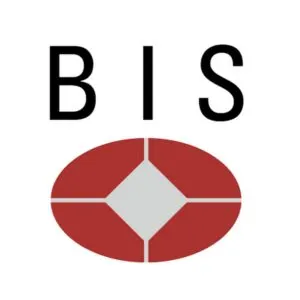The decarbonization of hard-to-abate sectors, such as steel, cement, petrochemicals, and heavy transportation, is essential to achieving global net-zero targets and maintaining financial stability. Despite a significant increase in global transition investments, the funding directed toward critical technologies like carbon capture, utilization, and storage (CCUS) and clean hydrogen remains insufficient. These sectors face unique challenges, including high capital intensity and technological barriers, making conventional electrification strategies less applicable. Current investments in CCUS and clean hydrogen fall well below the levels required to meet climate targets, with government subsidies playing a key role in financing these projects. However, gaps remain, particularly in developing countries with limited public resources and private finance. Addressing these challenges requires a comprehensive approach that includes robust regulatory frameworks, innovative private financial instruments, and global coordination to scale up decarbonization efforts. This paper explores the investment trends, challenges, and opportunities in financing the transition of hard-to-abate sectors, offering policy recommendations to close the investment gap and ensure a successful global transition.


